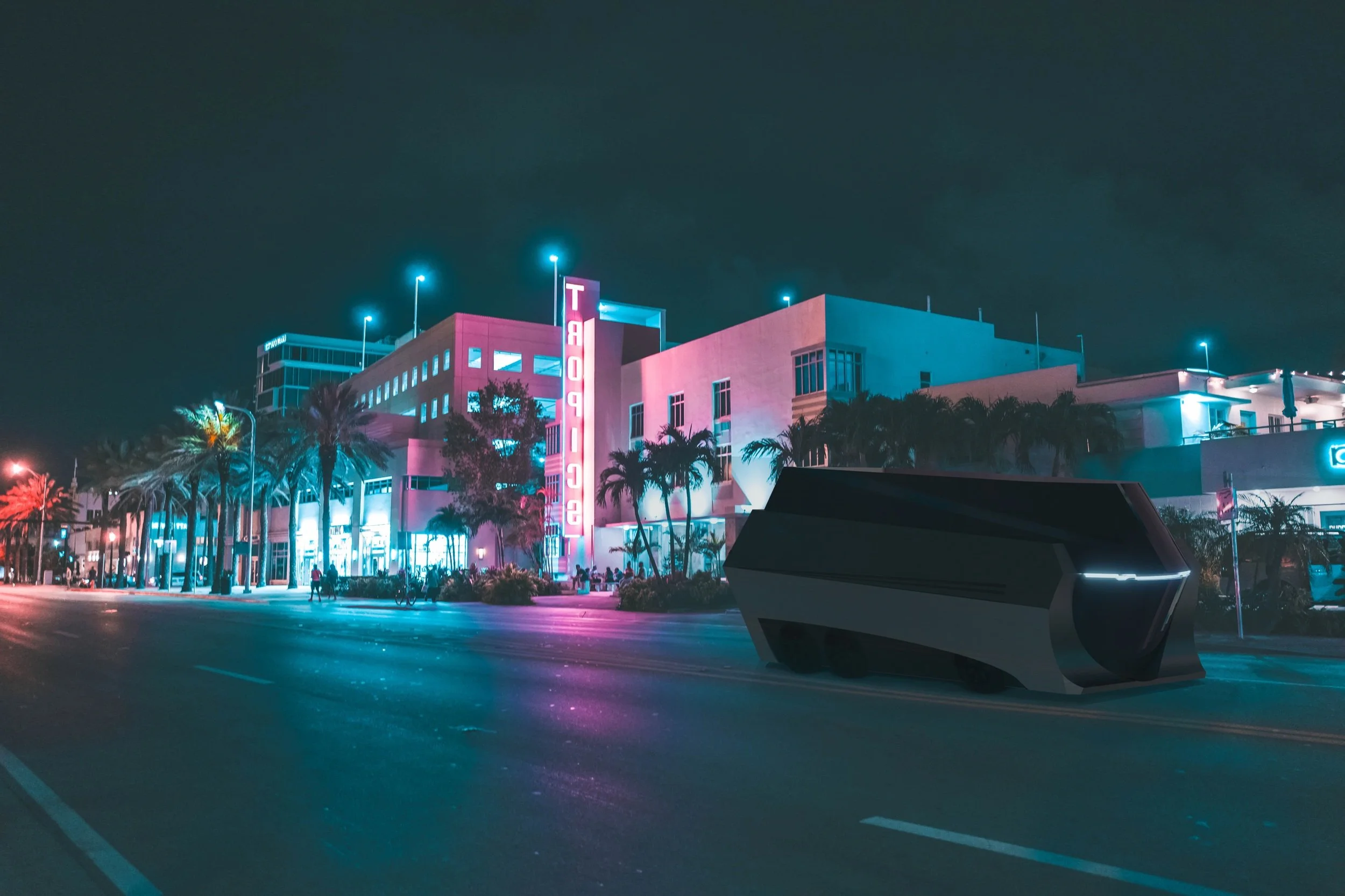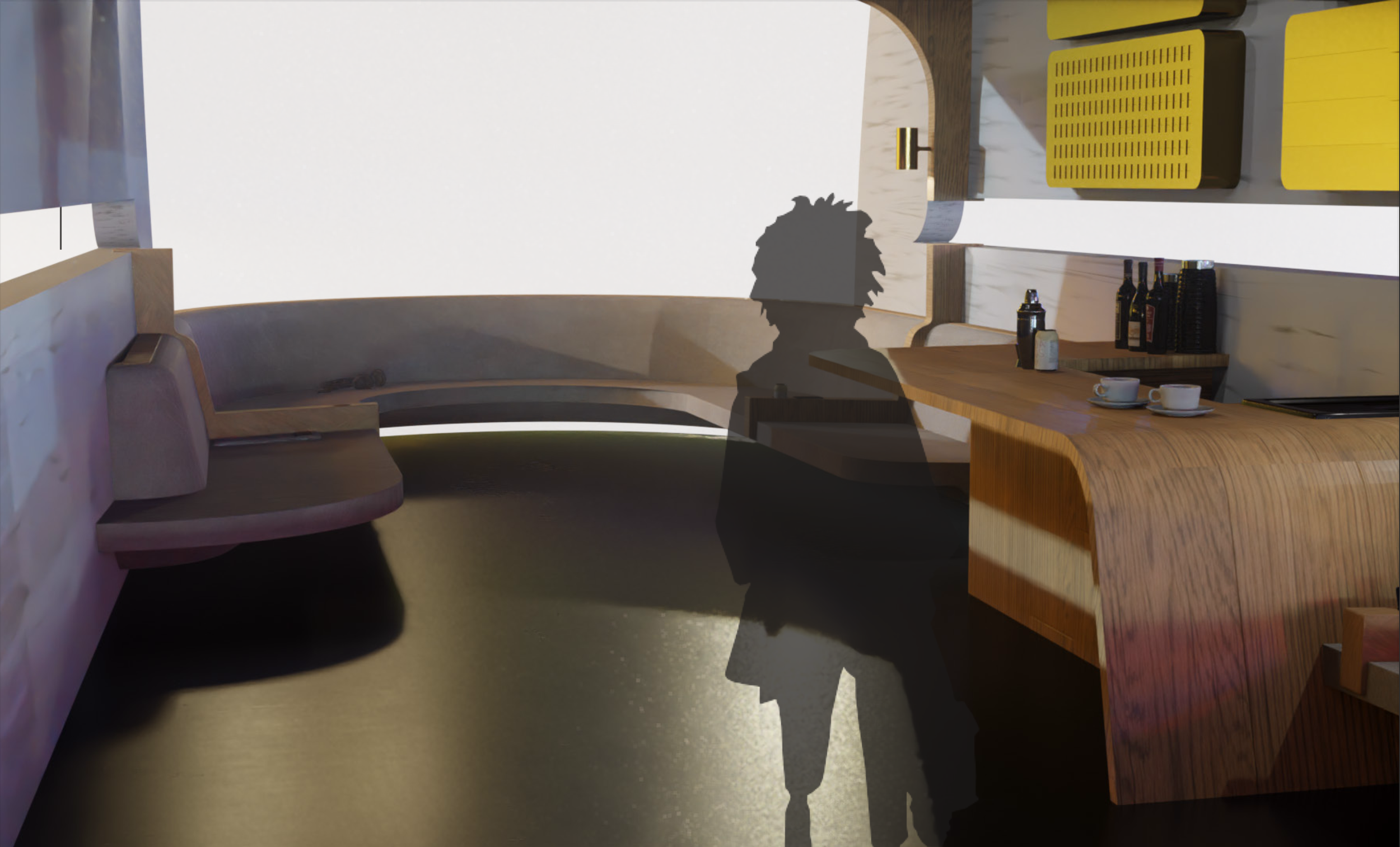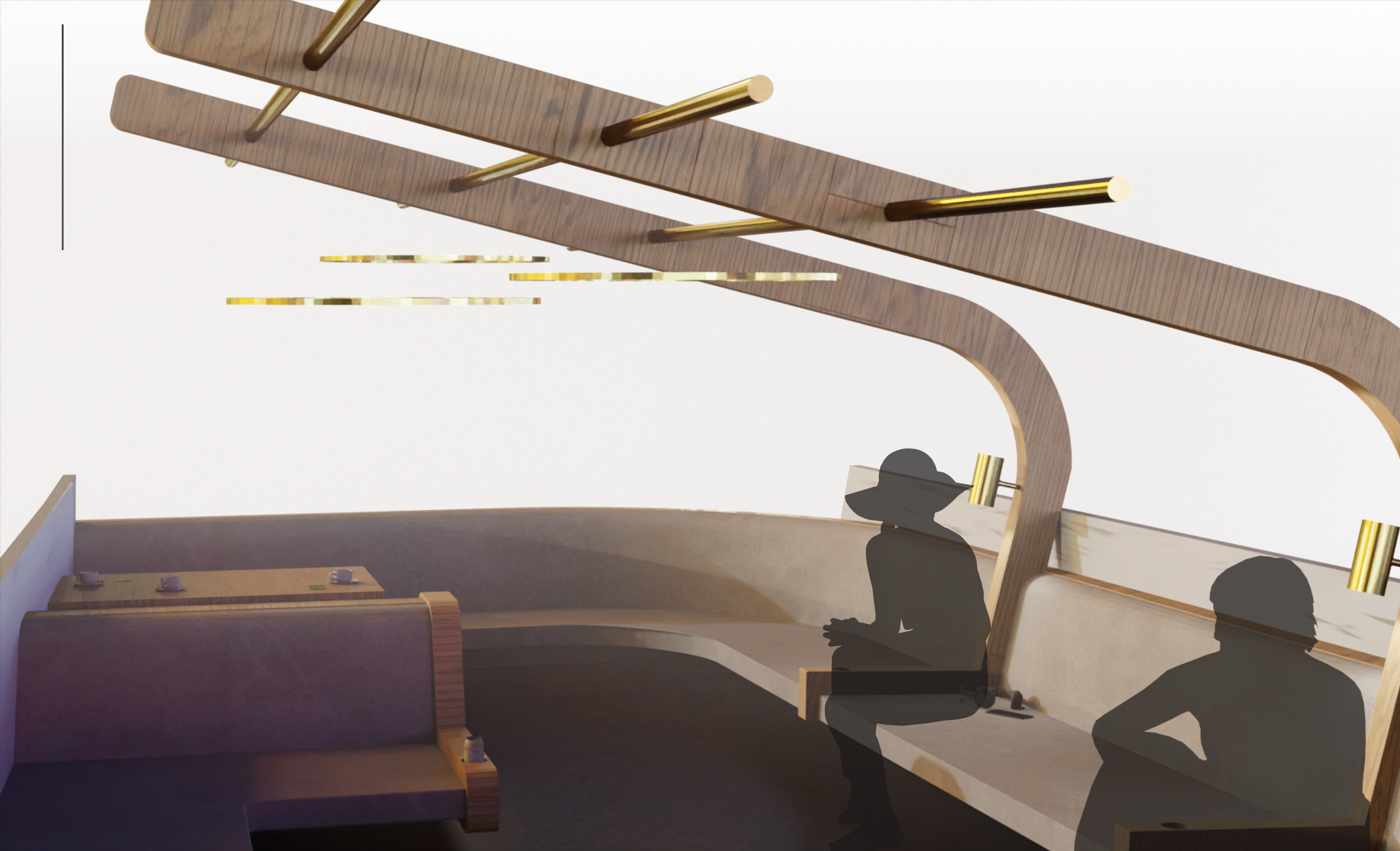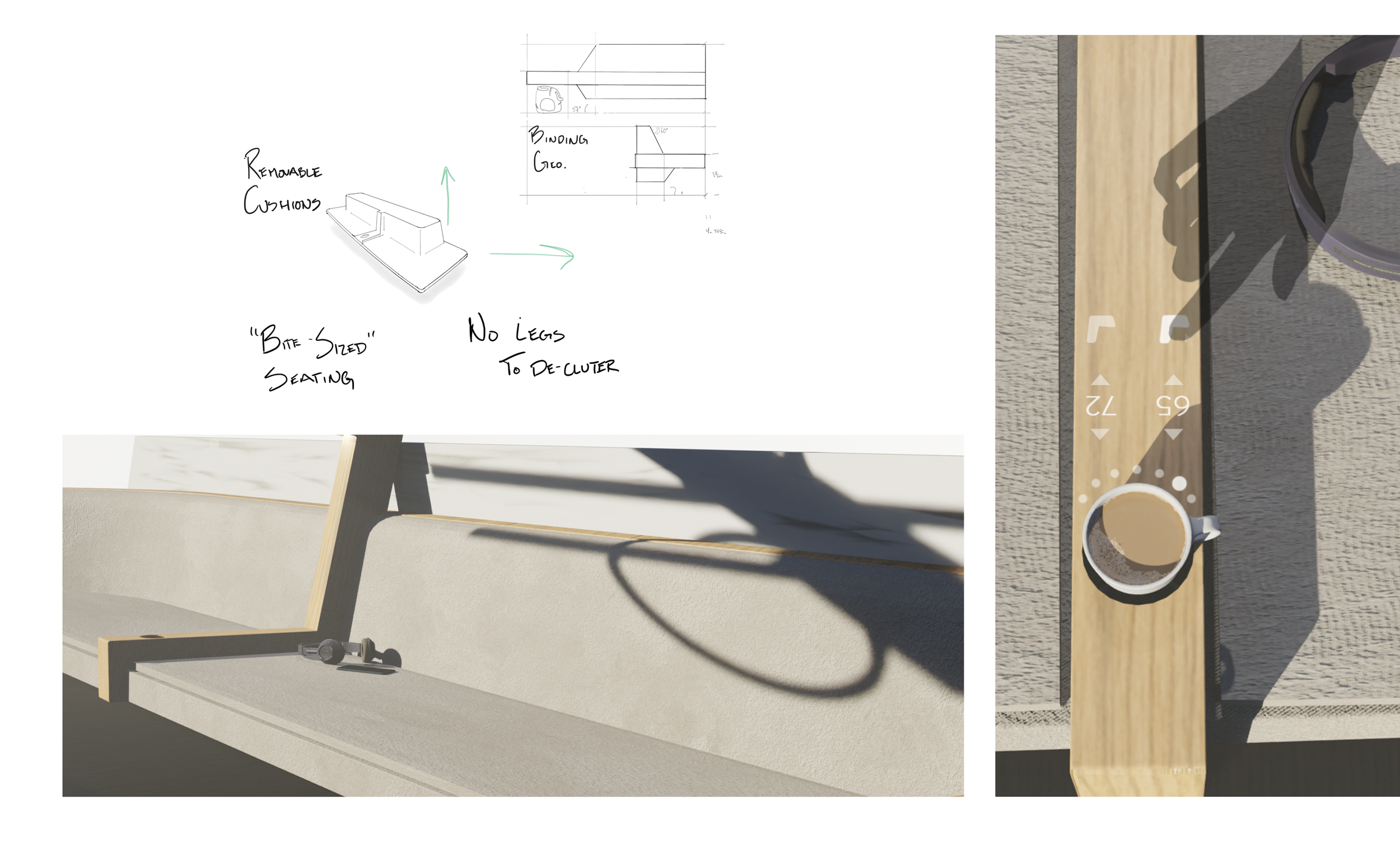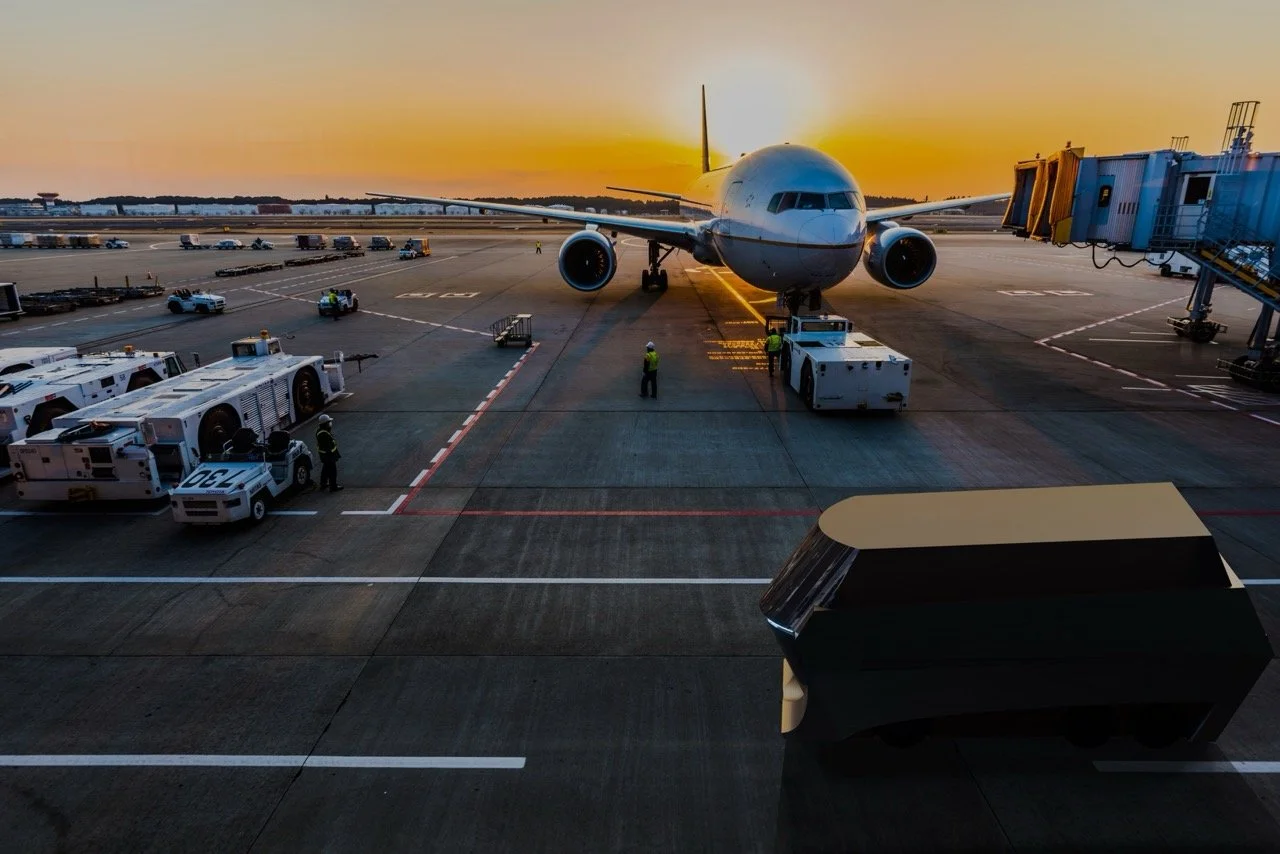MFA THESIS:
The Future of Air-Travel in the US
Fighting Social Isolationism in Mass Transportation
Completed in 2020 this thesis was submitted and approved by the faculty of the Industrial design department in fulfillment of the requirements for the degree of Master of Fine Arts in Industrial Design at the Savannah College of Art and Design
-
The research for this thesis followed a clear pattern: identifying the problem, finding a better problem, and exploring possible solutions. It used both ethnographic and scientific methods. Ethnographic methods focused on users and included interviews, observations, participatory questionnaires, and surveys. A scientific approach was also applied to confirm the link between discomfort and comfort, trust, and social interactions experienced by customers during flights, based on survey responses.
-
Millennial travelers are not satisfied with their current air-travel experience. Airplanes and travel days regularly evoke anxiety and stress. Research noted in this work suggests that a lack of discomfort is worth the cost. Redesigning the in-transit experience (front door to end destination) to fight modern discomforts is the goal. Put simply, this thesis proposes utilizing human social potential to fight discomfort and create a more satisfactory air travel experience amongst the millennial demographic and help create intrinsic value amongst American passengers.
-
Social isolationism is discomforting to passengers. It is a knee jerk reactionary patch to discomfortable social situations.
Feeling a bit of control in a chaotic crowd can bring temporary relief, but it won't fix the discomfort of the situation. Designers should focus on helping passengers connect with each other rather than giving them what they think they want. This thesis discusses several ways to achieve this:
Eliminate Stadium Seating: Traditional forward-facing seats make passengers look at the back of the seat in front of them, which doesn’t help them engage with others.
Reduce Crowding: Offer enough personal space for each passenger—at least 36 square inches. Also, consider lowering passenger capacities.
Redesign Against Discomfort: Current passengers when interviewed expressed time and time again that they “fully expect to be uncomfortable” when preparing for their travel day ahead. This is unacceptable. Not only is the flight itself discomforting, but the travel day process is anxiety and stress filled. Future designers must eliminate the numerous touchpoints involved in the travel day while maintaining the standard of safety that may come with each.

